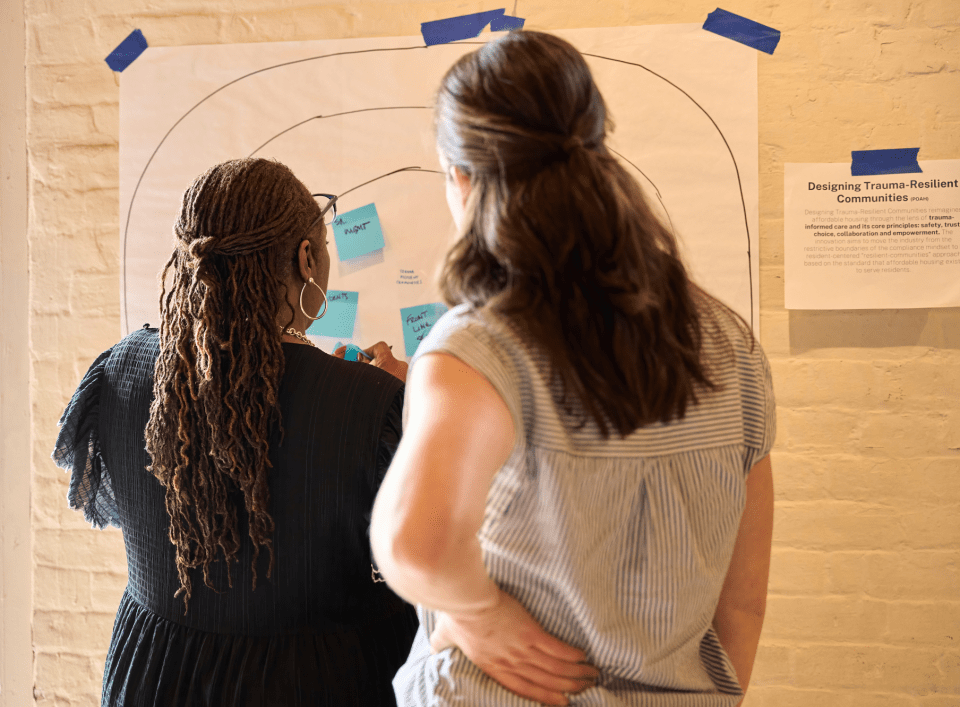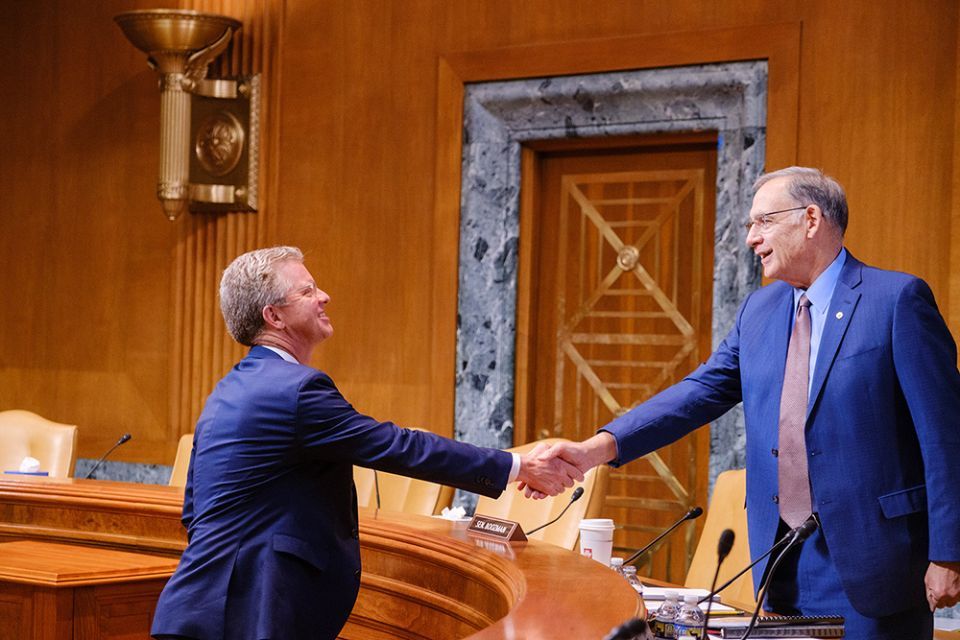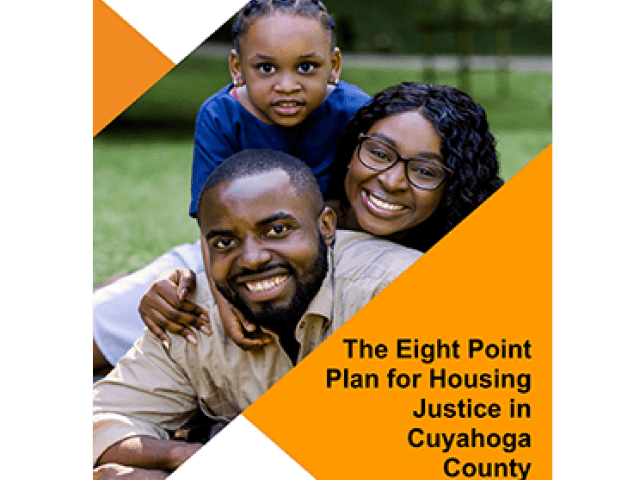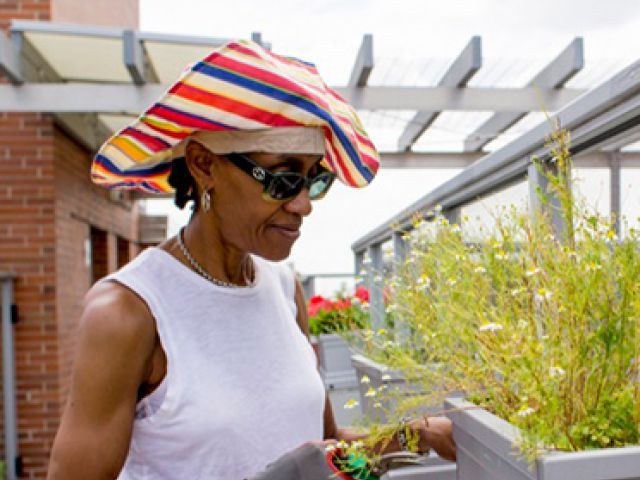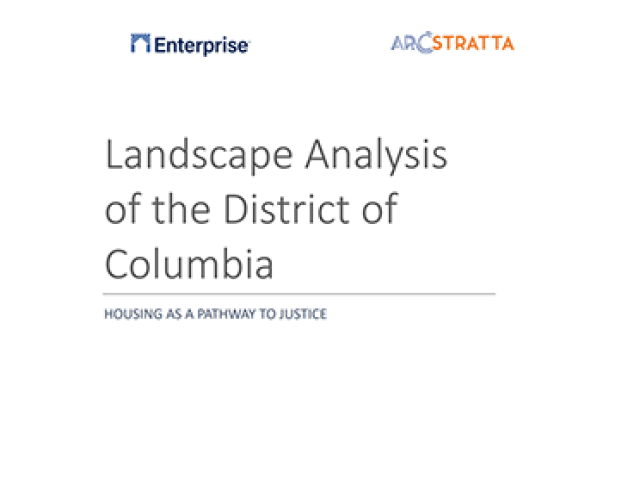One in three Americans have a criminal record. People of color and those with lower incomes are disproportionately and negatively impacted by the criminal legal system, perpetuating generational inequities across wealth, health, and education. Housing this population has become one of the greatest civil rights issues of our time.
Housing as a Pathway to Justice was designed to stably house more people with criminal legal histories in neighborhoods that connect them to opportunity. Our approach works with local communities across the country to foster cross-sector partnerships that expand housing opportunities while preventing homelessness and “survival” criminal activities, reducing recidivism, and promoting upward mobility.
Our vision is to make the housing system a platform to redress inequities related to criminal legal interaction and to promote upward mobility for people with prior criminal convictions. Our commitment to racial equity extends beyond this program; we consider the legacy of systemic racism, the growing racial wealth gap and racial health disparities with every solution we develop.

